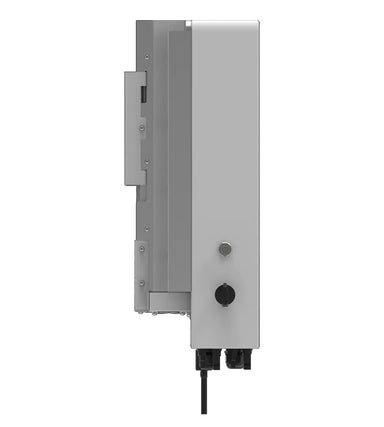
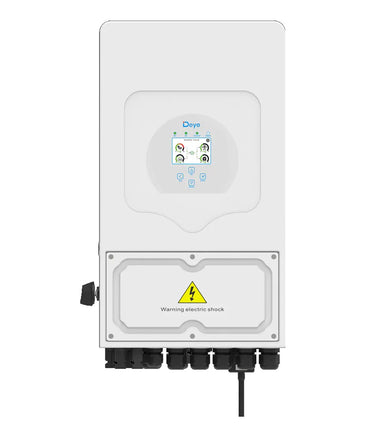
The 8kW DEYE SUN-8K-SG05LP1-AU 48v Single Phase Hybrid Inverter is suitable for On and off-grid residential and light commercial use, maximising t...
View full detailsBoth AC and DC coupling have their advantages and disadvantages, depending on the system design, size, and application. Some of the factors that may influence the choice of coupling are:

 Sale
Sale
The 8kW DEYE SUN-8K-SG05LP1-AU 48v Single Phase Hybrid Inverter is suitable for On and off-grid residential and light commercial use, maximising t...
View full details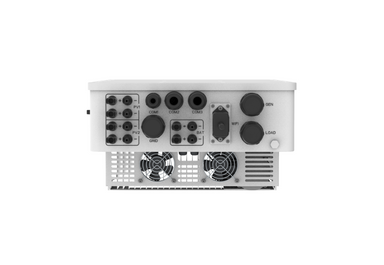
 Sale
Sale
This Deye 25kW High Voltage 3 Phase Hybrid Inverter is a powerful and versatile solution for both residential and commercial solar systems. This h...
View full details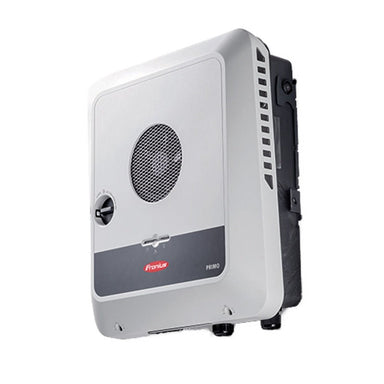
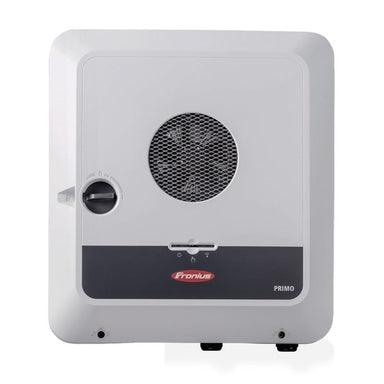 Save $-3,390.00
Save $-3,390.00
Fronius Primo GEN24 10kW Single Phase 2 MPPT PV Inverter. The Fronius Primo GEN24 is a single phase inverter for private PV systems with backup ...
View full details Save $610.00
Save $610.00
The Fronius Symo 8.2-3-M delivers robust performance for larger solar installations, offering 8.2kW of AC output and up to 16.4kW peak DC input. Wi...
View full details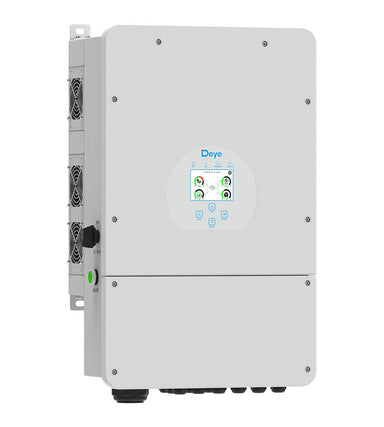
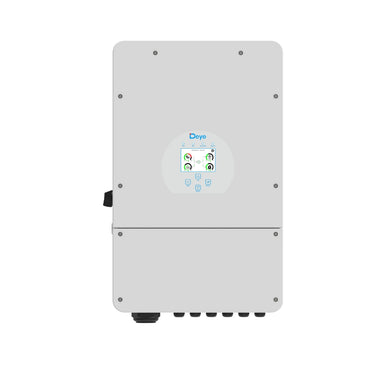 Sale
Sale
The Brand New Deye 10 kW Single Phase SUN-10K-SG02LP1-AU-AM3 48v Hybrid Inverter, now CEC approved and available at Buzz Energy Systems! With 3 x...
View full details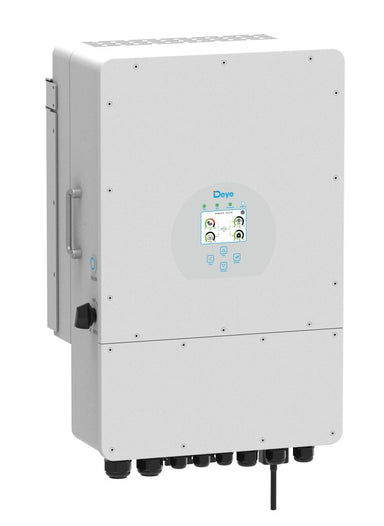
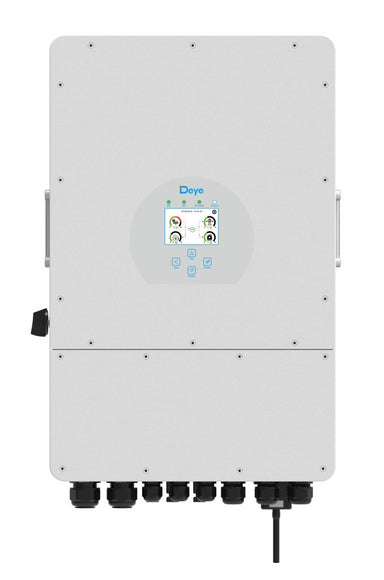 Sale
Sale
The Deye SUN-12K-SG04LP3-AU 12kW 48v 3 Phase Hybrid Inverter is a reliable three-phase hybrid inverter that supports a range of energy sources, inc...
View full details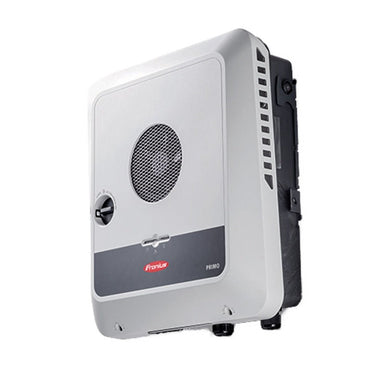
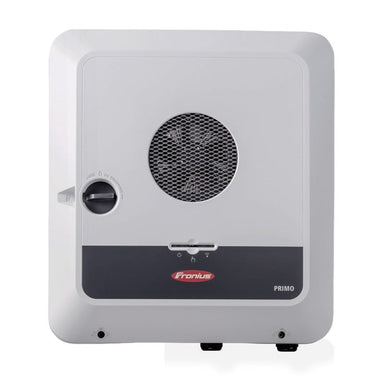 Save $-3,049.00
Save $-3,049.00
Fronius Primo GEN24 8kW Single Phase 2 MPPT PV Inverter. The Fronius Primo GEN24 is a single phase inverter for private PV systems with backup p...
View full details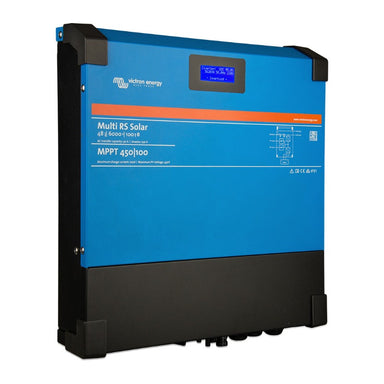
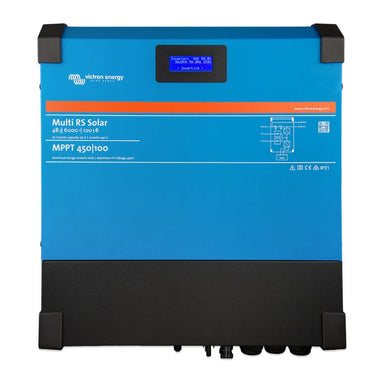 Save $-2,569.00
Save $-2,569.00
The Multi RS Solar 48/6000 is a 48V 6kVA Inverter/Charger with two independent 3kWp PV 450V MPPT tracker inputs for 6kWp PV total. Thanks to high ...
View full details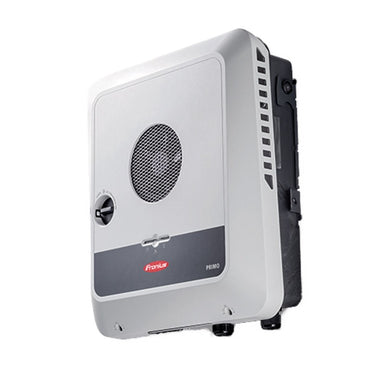
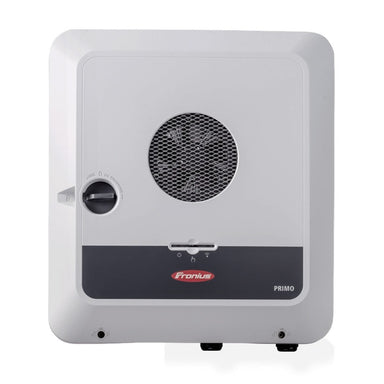 Save $706.00
Save $706.00
The single-phase Fronius GEN24 Plus 10.0 kW hybrid inverter is the ideal core for private PV systems. The Fronius Primo GEN24 Plus 10.0 offers an...
View full details
 Sale
Sale
This Deye 12kW High Voltage 3 Phase Hybrid Inverter is a powerful and versatile solution for both residential and commercial solar systems. This De...
View full details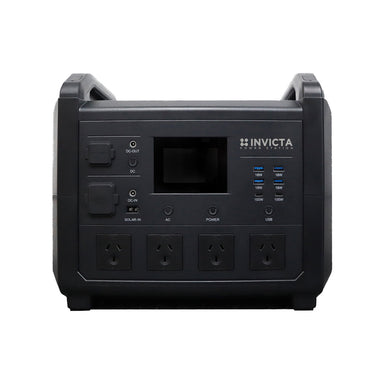
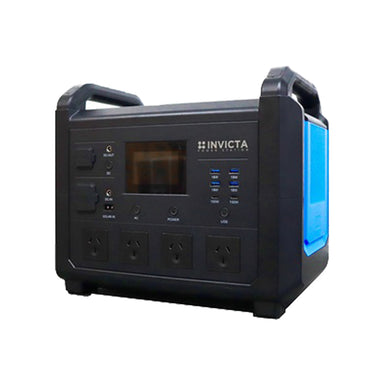 Save $-2,095.00
Save $-2,095.00
The Invicta Power Station is a ready to use, versatile solution for your portable power needs. Featuring 12 outlets for both DC and AC accessories ...
View full details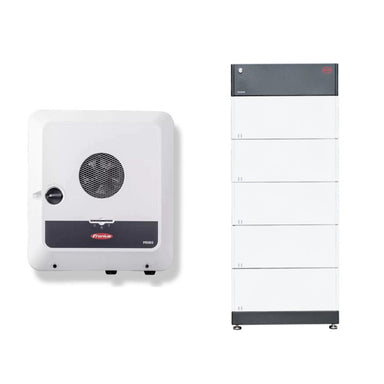
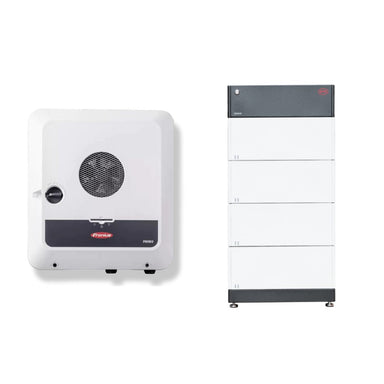 Sale
Sale
This energy storage system combines the popular and reliable Fronius PRIMO GEN24 Plus Single-Phase hybrid inverter and BYD Battery Box HVM Premium ...
View full details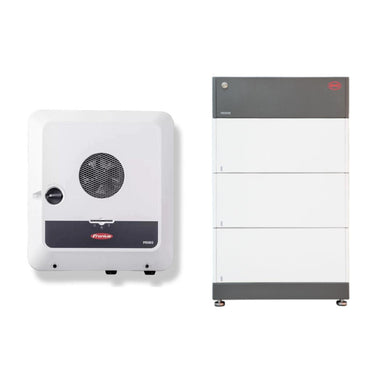
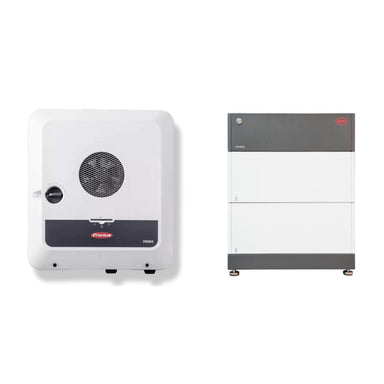 Sale
Sale
This energy storage system combines the renowned Fronius PRIMO GEN24 Plus Single-Phase hybrid inverter, BYD Battery Box HVS Premium battery, along ...
View full details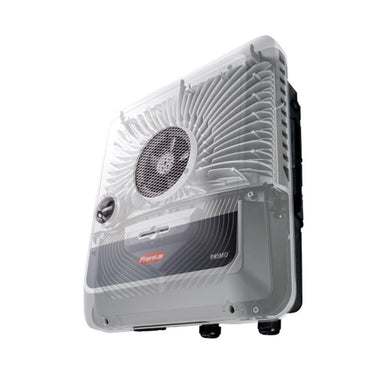
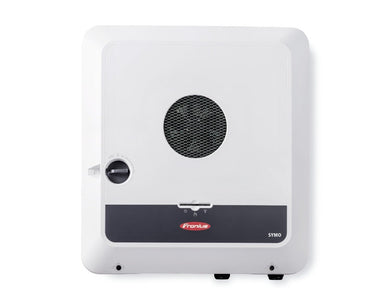 Save $-5,245.00
Save $-5,245.00
Fronius Symo GEN24 Plus SC "superior current" 12kW three phase Hybrid Inverter – A new Heart of a Fully Integrated Fronius Home Energy System. Intr...
View full details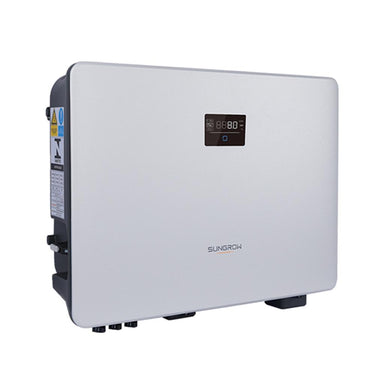 Save $-3,595.00
Save $-3,595.00
The Sungrow SH10RS 10kW Single Phase Hybrid Inverter is a powerful solution designed for residential energy needs. It seamlessly combines grid and ...
View full details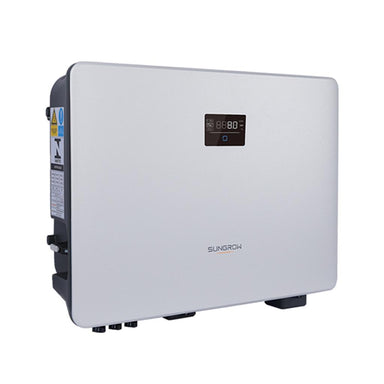 Save $-3,095.00
Save $-3,095.00
The Sungrow RS 8kW Single Phase Hybrid Inverter is a powerful solution designed for residential energy needs. It seamlessly combines grid and solar...
View full details
 Sale
Sale
Deye 20K-SG01HP3-AU-AM2 20kW HV 3 Phase Hybrid Inverter This Deye High Voltage 3 Phase Hybrid Inverter is a powerful and versatile solution for bo...
View full details
 Sale
Sale
The Deye SUN-5K-SG04LP3-AU 5kW 48v 3 Phase Hybrid Inverter is a reliable three-phase hybrid inverter that supports a range of energy sources, inclu...
View full details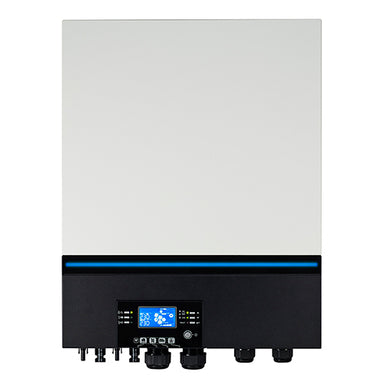
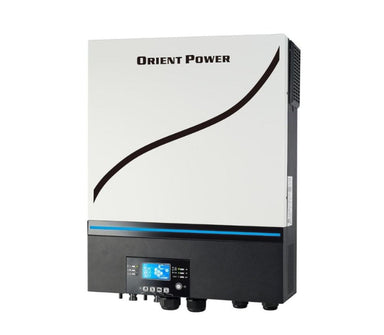 Save $-1,795.00
Save $-1,795.00
The Orient Power MAX-7200 Off-Grid Inverter offers a powerful and flexible solution for managing energy needs. With an impressive 7200W of AC power...
View full details
 Sale
Sale
The Deye SUN-8K-SG04LP3-AU 8kW 48v 3 Phase Hybrid Inverter is a reliable three-phase hybrid inverter that supports a range of energy sources, inclu...
View full details
 Sale
Sale
The Deye SUN-10K-SG04LP3-AU 10kW 48v 3 Phase Hybrid Inverter is a reliable three-phase hybrid inverter that supports a range of energy sources, inc...
View full details
 Sale
Sale
The Deye SUN-6K-SG04LP3-AU 6kW 48v 3 Phase Hybrid Inverter is a reliable three-phase hybrid inverter that supports a range of energy sources, inclu...
View full details
 Sale
Sale
This Deye 10kW High Voltage 3 Phase Hybrid Inverter is a powerful and versatile solution for both residential and commercial solar systems. This De...
View full details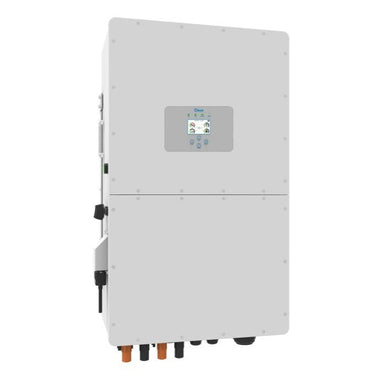
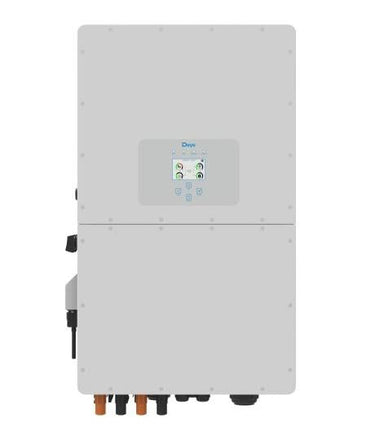 Sale
Sale
The 50kW Deye SUN-50K-SG01HP3-AU-BM4Three-phase, high-voltage hybrid Inverter is suitable for On and off-grid residential and light commercial use...
View full details
